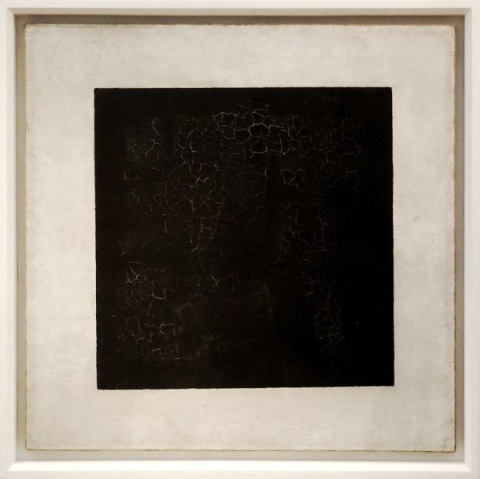
Query:
Is God an abstract and meaningless idea?
Reply:
At first I was puzzled by your question, because it sounded as though you were asking whether God exists -- but you didn’t word it that way, and besides, I know you do believe that God exists. From previous correspondence, I suspect that you are relaying a question from skeptical acquaintances whom you aren’t sure how to answer. So I’ve given some thought to what they might mean by suggesting to you that God is an “abstract and meaningless idea.”
Perhaps the difficulty is that the terms “God” and “god” are used in several different senses.
Sometimes the term “god” is used for whatever it is to which someone gives his unconditional commitment. This is what we mean when we say of a greedy man, “His god is money.” There are lots of gods of this sort: Sex, Me, Power, Reputation, and so forth. Since almost anything might be someone’s “god” in the sense of unconditional commitment, I can see why someone might say that the term is meaningless. But if we ask what deserves unconditional commitment, there is only one answer, and that is the God whom we worship.
Sometimes – although the term “god” itself is not often used in this way – people call themselves “religious” because they have elevated feelings. If, for example, they have feelings of awe when they look at the sky, they say they are “religious.” Since people may have elevated feelings about almost anything – from the Hubble Space Telescope to the Oprah Winfrey show -- in this sense too I can see why someone might say that terms such as “god” and “religious” are meaningless. But if the question is what ought to arouse our loftiest feelings, again there is only one answer: The Creator, whom we call God.
Sometimes the term “god” is used for a being who has vast powers, like the beings of the Greek myths (or like Marvel comic book heroes). Though God is powerful, this is not what we mean by God. The “gods” of mythological were contingent beings like you and me. They didn’t have to exist; something would have had to cause them to exist. But the true God, as Christians understand Him, exists necessarily. He can’t not be. Those “gods” existed in the same way that you exist; they just had more of everything. But God is the answer to the question of why there is something and not rather nothing – why anything at all exists apart from Him. Those “gods” were products of human imagination. But there is, and can be, only one First Being. God, then, is not a meaningless abstraction, but the Being above all other beings.
I can think of one more thing your acquaintances might mean in saying that God is a meaningless abstraction. They may mean that whether He exists or He doesn’t exist, it makes no difference; life goes on the same way. But if God is what Christian faith claims He is, then this is far from true:
God is not only the First Cause on which all other being depends, but the First Meaning on which all other meaning depends. Apart from Him, life is absurd.
He is the greatest and most praiseworthy thing. Surely something is wrong with us if we cannot admire what is infinitely greater than ourselves.
Since He is the supreme and uncreated Good, we depend on Him even to put the goods of this life in right order.
Without His providence, we are constantly tempted to do evil so that good will result.
Without His grace, we cannot be forgiven our wrongdoing. What is impersonal cannot forgive; morality, as such, has a heart of stone.
Without the same grace, we cannot be healed of our brokenness. Moral discipline can accomplish something, and that is good, but eventually it hits a wall.
Without the same grace, we cannot make sense of our suffering, because we cannot offer it to be united with His sacrifice for us.
Finally, even in the unlikely event that we have all this world offers, we are compelled to ask, “Is this all there is?” That which cannot be found in this world must be found out of this world. In the vision of His face is that perfect fulfillment which leaves nothing further to be desired.